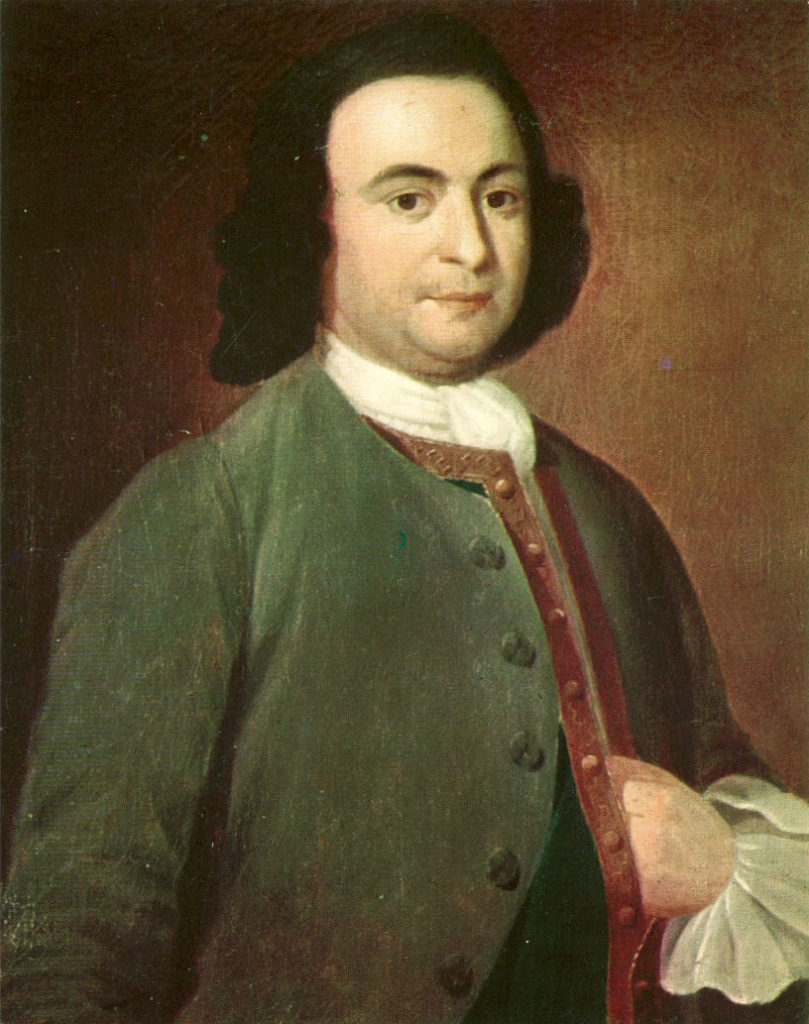
George Mason was an ardent advocate of individual rights during the founding of our country. He drafted the Virginia Declaration of Rights, which served as the model for the Bill of Rights more than one decade later.
Early Life
George Mason IV was born on December 11, 1725, in Fairfax County, Virginia. After the death of his father, his uncle John Mercer helped raise and educate him. At the age of 21, Mason assumed control of his family’s plantation, which was known as Gunston Hall. His neighbors included George Washington. The two men both invested in the Ohio Company, a land speculation company.
Rise to Public Office
Mason entered public office when he was elected to the Virginia House of Burgesses in 1759. As tensions escalated between Britain and the colonies, Mason became a vocal critic of Britain’s policies, including the Stamp Act of 1765. In 1774, Mason worked with Washington to draft the Fairfax Resolves, which outlined the colonies’ objections to the Boston Port Act. When war became inevitable, Mason was asked to draft Virginia’s Declaration of Rights and state Constitution. In Article 1 of the Declaration of Rights, he wrote:
That all men are born equally free and independent, and have certain inherent natural Rights, of which they cannot by any Compact, deprive or divest their Posterity; among which are the Enjoyment of Life and Liberty, with the Means of acquiring and possessing Property, and pursuing and obtaining Happiness and Safety.
The Declaration of Rights served as Thomas Jefferson’s inspiration in writing the Declaration of Independence. It went on to serve as a model for the federal Bill of Rights. Many states also adopted versions of Virginia’s Constitution.
Constitutional Convention
Mason was selected to represent Virginia at the Constitutional Convention. Although Mason played a prominent role at the Convention, he ultimately refused to sign it. Mason outlined his opposition to the Constitution in his written Objections to this Constitution of Government. Mason disagreed with the authority granted to Congress and the judiciary, along with the failure to include a bill of rights to secure individual liberties. He predicted the new national government would “produce a monarchy, or a corrupt, tyrannical aristocracy.” Mason also opposed the delegates’ decision to allow the slave trade to continue.
Even after the Constitution was ratified, Mason declined to play a role in the new government because it would require pledging an oath to the Constitution. His concerns about individual rights were later vindicated by the passage of the federal Bill of Rights.
Later Life
Mason lived long enough to see a Bill of Rights added to the Constitution in 1791. He died on October 7, 1792.







